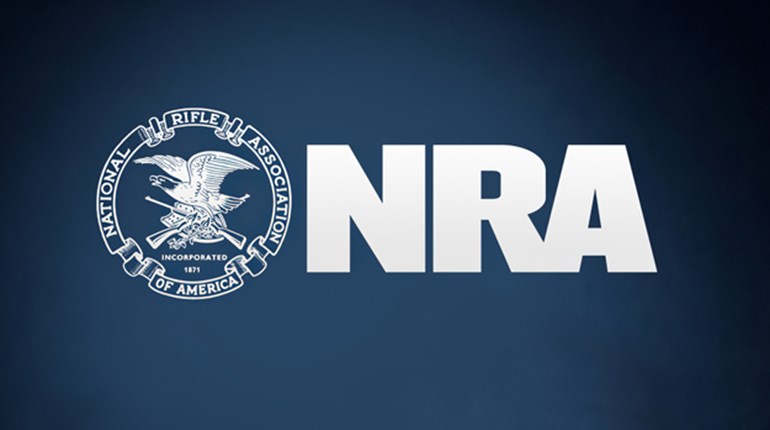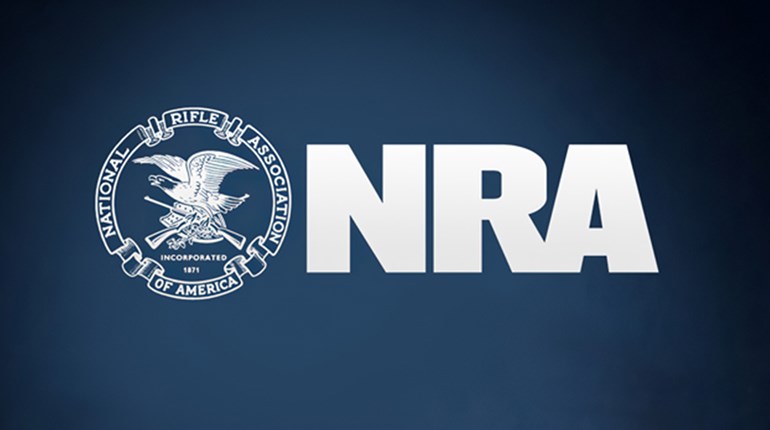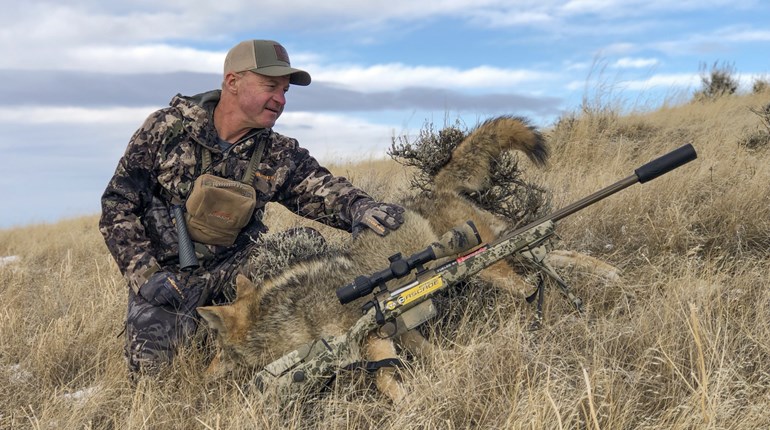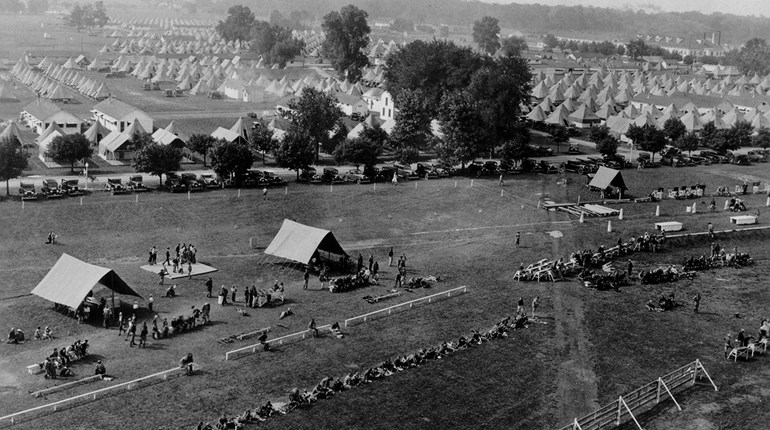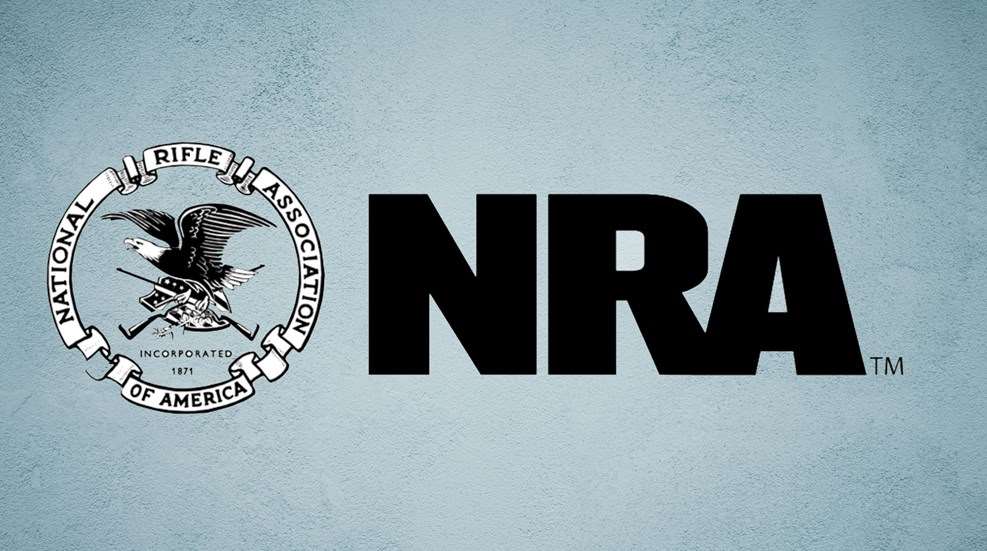
On March 31, 2025, the National Rifle Association and Second Amendment Foundation filed an amicus brief urging the U.S. Supreme Court to grant certiorari in a challenge to the District of Columbia’s ban on the possession of magazines that hold over 10 rounds.
The plaintiffs petitioned the Supreme Court to hear the case after the D.C. Circuit Court of Appeals denied the plaintiffs’ motion for a preliminary injunction. The D.C. Circuit ruled that the District’s magazine ban is likely constitutional because it is consistent with nineteenth-century Bowie knife regulations.
The NRA’s brief argues that the ban is unconstitutional and that the Supreme Court should hear the case to clarify the proper test for evaluating Second Amendment claims established in District of Columbia v. Heller and New York State Rifle & Pistol, Ass’n v. Bruen.
Under Supreme Court precedent, if arms are “in common use,” they cannot be banned. Because Americans lawfully own hundreds of millions of magazines that hold over 10 rounds, the District’s ban on such magazines violates the Second Amendment.
The D.C. Circuit, however, held that despite 10+ round magazines’ commonality, they can be banned consistent with Bowie knife regulations from the nineteenth century. NRA’s brief points out, however, that even if common arms can be banned—despite the Supreme Court holding otherwise—the Bowie knife laws cannot justify the District’s magazine ban.
First, the only statute banning the possession of Bowie knives was held unconstitutional. Second, lesser, non-prohibitory historical regulations—such as laws prohibiting the concealed carry of Bowie knives, imposing sentence enhancements for their use in crimes, or taxing their ownership—cannot justify a modern prohibition on particular arms. Third, since no evidence in the case suggests that Bowie knives were in common use at the time they were regulated, Bowie knife restrictions cannot serve as historical analogues for restrictions on arms in common use today. Finally, because repeating arms capable of firing over 10-consecutive shots predate the Second Amendment by over 200 years and were never prohibited before the twentieth century, it is improper to rely instead on the tradition of Bowie knife regulations.
The brief was filed in Hanson v. District of Columbia.













